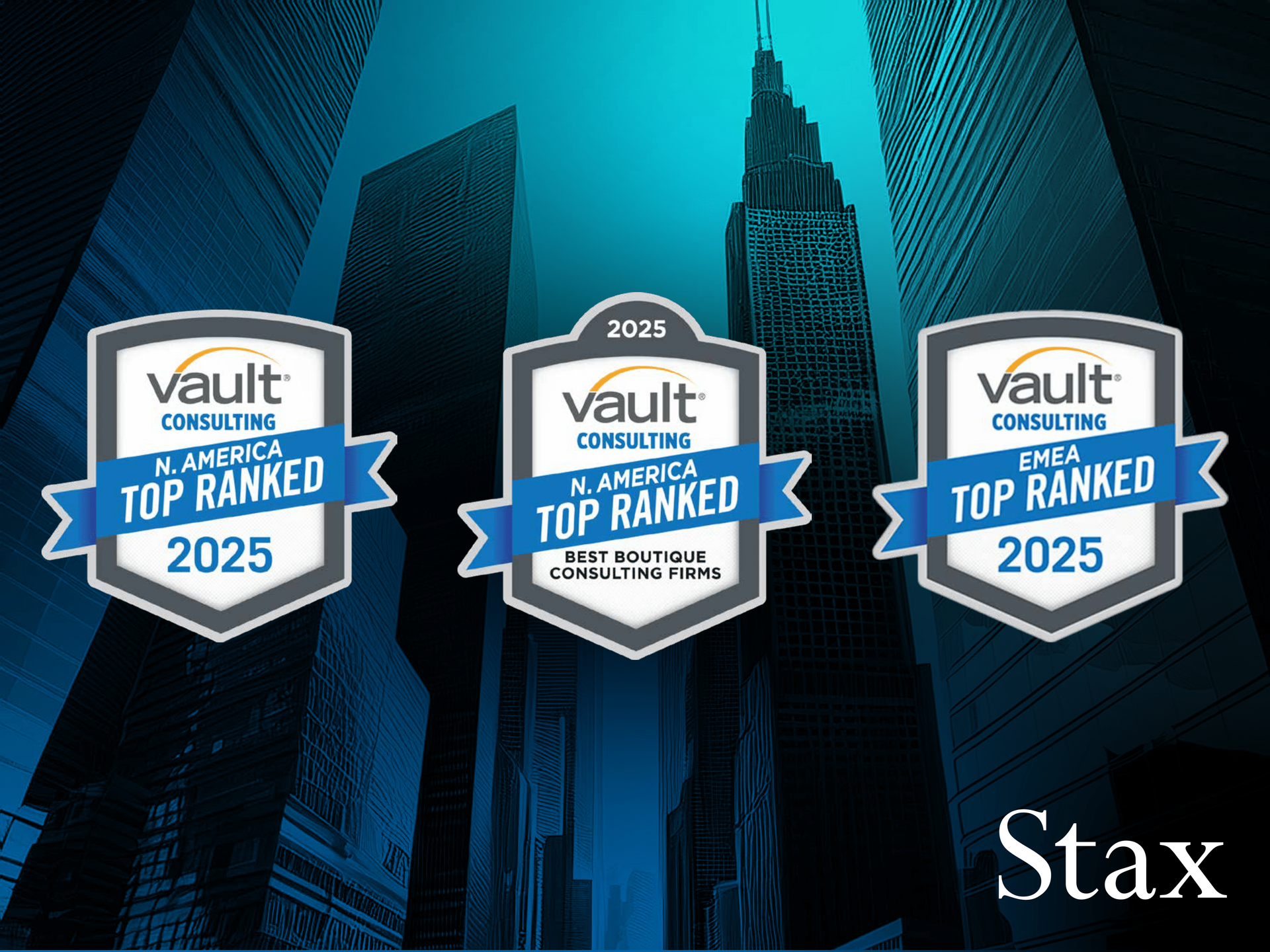4 Factors are Driving Competition for Tech Deals in 2016
4 Factors are Driving Competition for Tech Deals in 2016
For the tech sector, four factors are driving an increase in competition for deals:
1) Lots of Dry Powder — Top technology investors are sitting on a substantial amount of capital, and fundraising remains active among middle market technology specialists.
2) Limited Assets of Scale — The top 18 U.S. technology LBO investors each were able to close an average of just over 2 new tech platform deals in 2015.
3) High-Profile Opportunities — With public awareness of technology investments soaring, large, high profile tech deals have become more common in recent years. We believe the prevalence of early stage tech “unicorns” like Uber and Airbnb fuels both fundraising and pressure to deploy capital.
4) Continued Investor Specialization — The market has broadly moved towards developing industry specialization as sector knowledge becomes increasingly important to sellers. Recent challenges in the public equity markets aside, there is academic evidence that this specialization has been successful in generating exits to IPO. One example of this is KKR’s IPO of GoDaddy, which is up about 20% from the IPO price.
As a consequence of this competition, technology investors are altering the way they deploy capital. It has grown increasingly more difficult to complete deals with large cap companies given recent challenges in the credit markets. Armed with better financing, large-cap funds are increasingly looking at smaller, earlier stage opportunities. Bain Capital, Advent, Blackstone, Carlyle and TPG are all making growth equity investments in the technology sector. KKR has raised a growth equity fund, and has done a number of smaller, early stage deals like Jitterbug, Artivest and ClickTale over the last 18 months.
While large-cap sponsors are looking at a broad range of check sizes, so are technology specialists. Firms like Thoma Bravo, Francisco Partners and Vista Equity Partners have raised billions in funds over the last 18 months, allowing them to pursue larger opportunities, like Vista’s $6.5B close of Solera.
These structural shifts have created opportunity for more frequent and direct competition between technology specialists and large-cap sponsors. Our analysis shows that valuations among specialist investors have been climbing steadily as they more routinely compete for bigger deals, while larger funds appear to be investing in smaller deals much more opportunistically. As a result of these dynamics, we believe the range of deal processes in which both specialists and large-cap funds compete likely includes a much wider range of valuations.
While in the near term the expanded competition is expected to continue, it might not last forever. There are four potentially mitigating factors on the horizon:
1) Further Specialization and Sector Knowledge — While specialization has increased the number of credible buyers in any given process, smart investors will continue to develop knowledge of ever smaller industry niches. This narrowing of focus will ultimately re-establish clearer competitive differentiation of buyers of any given asset.
2) Preemptive, Pre-Process Action — Investors may look at assets earlier in an effort to gain “pole position” in processes. By taking an early look at assets before a process, buyers can engage in smarter discussions and either be better positioned in processes or preempt them entirely.
3) Increased Availability of Smaller Assets — A greater supply of assets in the mid-market’s more traditional investment range could reduce the need for mid-market investors to seek assets traditionally sought by larger funds.
4) Tightening of Lending — While the Fed’s planned rate hikes have been delayed, when rates inevitably start rising, a tightening of lending could impact the ability of both specialists and large-cap funds to take on larger LBO opportunities. Recent tightness in the credit markets early this year has already created some difficulty in getting some larger tech deals financed.
With the IPO market currently stalled and the volume of deals down, we’ll continue to see large-cap sponsors and specialist firms compete for technology deals. The question is, is this a temporary trend or a permanent fixture for private equity?
Read More
All Rights Reserved | Stax LLC | Powered by Flypaper | Privacy Policy






